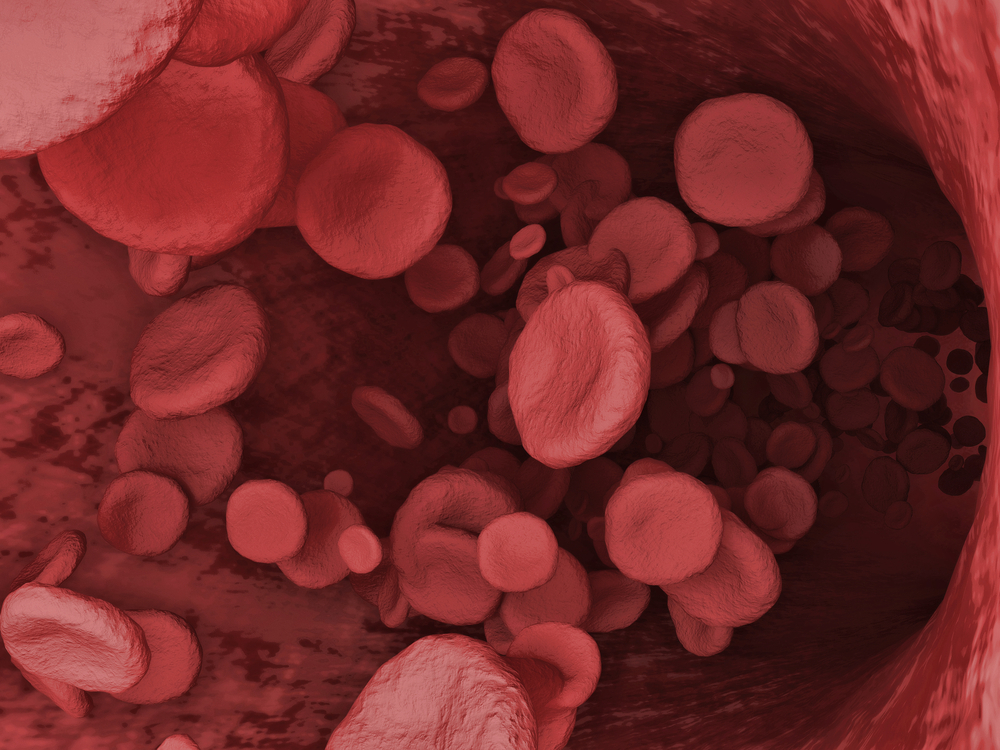Index Ventures has made a second commitment from its $200 million (£127 million) Life Sciences fund in a treatment which had been described as the ‘holy grail’ of anticoagulant drugs.
Newly-formed biotechnology company XO1 was created following the discovery of a naturally-occurring antibody in a patient back in 2008.
When the patient was brought in to Addenbrooke Hospital, based in Cambridge, with a head injury, she was subsequently discovered to have a degree of anticoagulation consistent with ‘severe’ haemophilia thought to be fatal, but which stopped normally.
Speaking to GrowthBusiness, David Grainger, venture partner at Index Ventures, says that it is the strength of the individual human case study which makes the biotech company so promising.
‘Part of Index’s model is to take the naked technology and build a team around it. So here, we found people who can develop this successfully and then created the newco.
‘I’ve not seen anything like this in 20 years. I’ve been CSO of several biotech companies, but what makes this special is the power of this individual case study. Plenty of really exciting pre-clinical deals are based on animal data, but to find something with such powerful study behind it is amazing.’
More on Index Ventures investments:
- MyHeritage nets return capital from Index Ventures
- Imran Amed’s The Business of Fashion dressed for growth
- Secret Escapes aims for membership growth
The $11 million investment has come from Index Venture’s Life Sciences fund, which was founded alongside industry heavyweights GlaxoSmithKline (GSK) and Johnson & Johnson in March 2012. The amount injected into XO1 is the largest Index Ventures has ever made into the life sciences sector and will, Grainger says, go towards funding the scale-up manufacturing needed to produce clinical grade trials – expected to take 18 months.
Grainger says that running the fund alongside GSK and Johnson & Johnson is the right way to do things.
As part of the deal, Grainger has been appointed as interim chief executive of XO1, having joined Index Ventures as a venture partner in December 2011.
The company will now operate in ‘virtual mode’, without offices or labs, using out-sourced drug development expertise from around the world.






